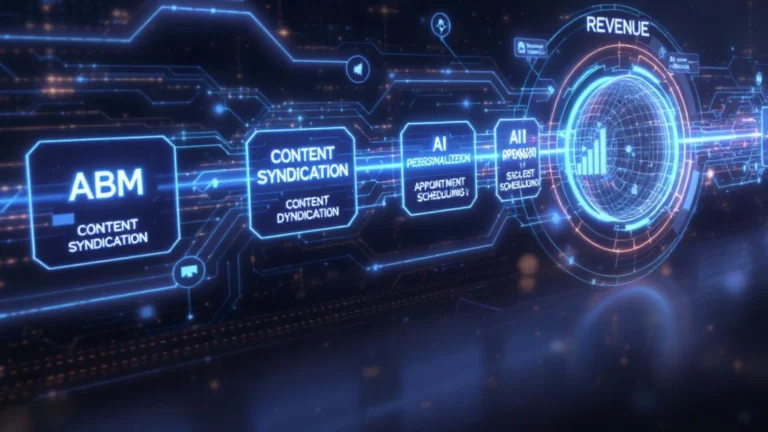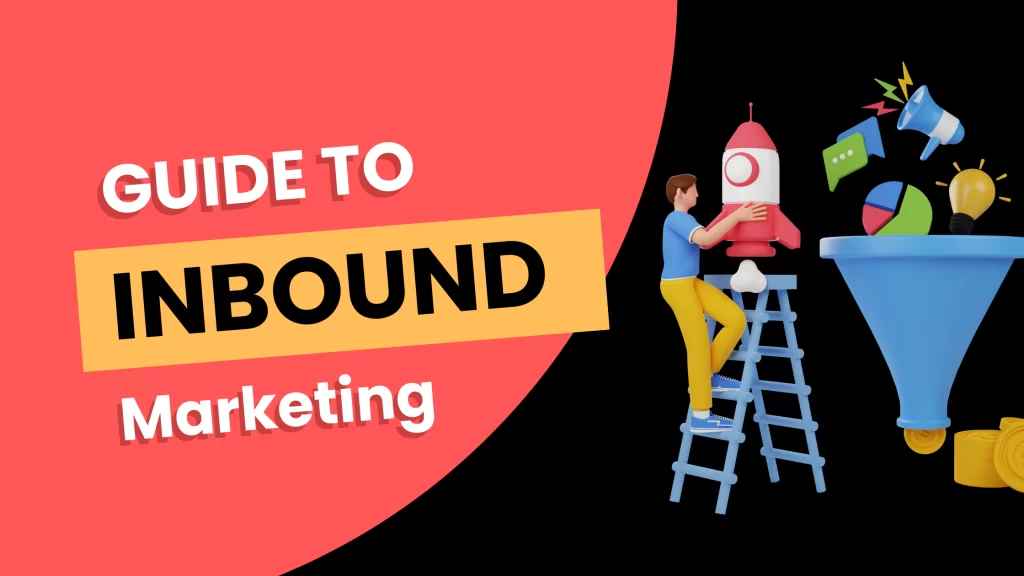If you work in sales or marketing, you’ve likely come across the term Sales Qualified Leads (SQL)—but what does it mean, and why should you care? In today’s competitive business landscape, not all leads are created equal. Some are just browsing, while others are actively looking to buy. That’s where SQLs come in.
A Sales Qualified Lead (SQL) is more than just a name in your CRM—a prospect who has been thoroughly evaluated and meets your criteria for a potential customer. Unlike general leads or Marketing Qualified Leads (MQLs), SQL in sales have demonstrated clear buying signals, such as requesting a demo, asking for pricing, or engaging with high-intent content.
In this thought piece, we’ll explore:
- What exactly defines an SQL—and how does it differ from other lead types
- Why SQLs are crucial for maximizing sales efficiency and revenue
- How to accurately measure and qualify leads to identify true SQLs
- Proven strategies to generate more SQLs and shorten your sales cycle
By the end, you’ll clearly understand how to prioritize SQLs in your pipeline, streamline your sales process, and close deals faster. Let’s get started!
Table of Contents
What is a Sales Qualified Lead (SQL)?
Sales Qualified Leads (SQL) is a prospect who has been researched, engaged with your brand, and meets your criteria for a potential buyer. Unlike Marketing Qualified Leads (MQLs), which are early-stage leads, SQLs are further along in the B2B lead generation funnel and are ready for direct sales outreach.
Key Traits of an SQL:
- High buying intent – They’ve interacted with your content, requested demos, or asked for pricing.
- Fits your ideal customer profile – They align with your target client base in industry, company size, or budget.
- Sales-ready: They’ve passed lead qualification checks and are primed for a sales pitch.
For example, if a lead downloads an ebook, they might be an MQL. But if they book a demo or fill out a contact form, they become an SQL.
Why Are SQLs Important to Your Sales Strategy?
Not all leads are equal. Some are just browsing, while others are ready to buy. Focusing on SQLs helps your sales team:
1. Save Time & Increase Efficiency
Instead of chasing every lead, your team can focus on qualified leads in sales, improving SQL conversions.
2. Boost Conversion Rates
Since SQLs are already interested, they’re more likely to become paying customers.
3. Improve Sales & Marketing Alignment
By defining SQLs, marketing can pass only the best leads to sales, reducing friction between teams.
4. Enhance Revenue Predictability
Tracking SQLs helps forecast sales pipelines more accurately.
5. Optimize B2B Marketing Strategies
Knowing what makes a lead an SQL helps refine b2b digital marketing efforts for better targeting.
Companies like SalesBridge use SQLs to streamline their sales process and close deals faster.
5 Strategies for Measuring and Qualifying SQLs
How do you know if a lead is truly sales-ready? Here’s how to qualify leads effectively:
1. Lead Scoring
Assign points based on actions (e.g., website visits, email opens). High scores = SQLs.
2. BANT Framework (Budget, Authority, Need, Timeline)
- Budget: Can they afford your solution?
- Authority: Are they the decision-makers?
- Need: Do they have a problem you solve?
- Timeline: When do they plan to buy?
3. Engagement Tracking
Monitor interactions (email replies, demo requests) to identify SQL leads.
4. CRM & Automation Tools
Use tools like SalesBridge to track lead behavior and flag SQLs.
5. Sales & Marketing Collaboration
Regularly review what makes an SQL to refine B2B lead qualification criteria.
How to Generate More Sales-Qualified Leads?
Want more SQLs? Try these proven tactics:
1. Targeted Content Marketing
Create case studies, whitepapers, and webinars that attract decision-makers.
2. LinkedIn & Paid Ads
Use B2B marketing strategies like LinkedIn ads to reach high-intent buyers.
3. Chatbots & Live Chat
Engage website visitors in real time to identify SQLs.
4. Email Nurturing Campaigns
Send personalized follow-ups to move MQLs to SQLs.
5. Retargeting Campaigns
Re-engage visitors who showed interest but didn’t convert.
Platforms like SalesBridge help automate SQL lead generation, making the process smoother.
FAQs About Lead Generation
SQL stands for Sales Qualified Lead—a lead deemed ready for direct sales engagement.
They save time, increase conversions, and help sales teams focus on high-potential prospects.
Use lead scoring, targeted ads, nurturing campaigns, and tools like SalesBridge to identify and convert SQLs.
Summing up
A Sales Qualified Lead (SQL) is a golden ticket in sales—a lead ready to buy. By focusing on SQLs, businesses can improve efficiency, boost conversions, and drive revenue.
To get more SQLs:
- Use lead qualification methods like BANT.
- Leverage B2B digital marketing strategies.
- Automate tracking with tools like SalesBridge.
Ready to turn more leads into customers? Start prioritizing SQLs today!
Extra Pointers
Track SQL Conversions – To refine your strategy, measure how many SQLs turn into customers.
Align Sales & Marketing – Define clear criteria for MQLs vs. SQLs to avoid miscommunication.
By implementing these tips, you’ll see a real difference in your sales pipeline. Happy selling!
Akash Pandey is an SEO Executive and B2B Content Writer specializing in crafting search-optimized strategies that drive growth. With a knack for blending data-driven insights and engaging content, he enhances online visibility while delivering impactful messaging that resonates with B2B audiences.



